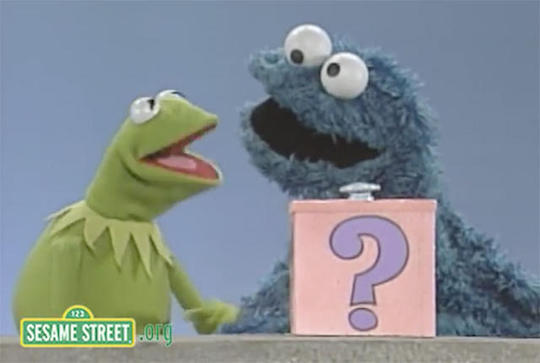The classic example of political satire is Jonathan Swift’s “A Modest Proposal,” in which the Irish author, writing ironically, suggests that the poor families of Ireland might ease their burden and contribute to society by selling their children as food for English aristocrats. This was in 1729, after which England immediately began treating the Irish well. Either that, or right-thinking people agreed Swift was a genius and went on treating poor people like dirt for the next three centuries. I mention this gap between reception and effect on the occasion of this hilarious McSweeney’s piece by Jeff Loveness, titled This is the Political Satire That Finally Stops Trump. A taste:
I tweet my “Jabba the Trump” meme for the world to see. The knife of satire twists deep. In a moment, I am flooded by dozens of retweets, ranging from friends who share my political opinions to strangers on the internet who also share my political opinions—the chorus of America itself. My tweet lights the spark, and the fires of rebellion burn bright.
You think it’s going to be one-note, and it kind of is, but the crescendo is so strong that we don’t miss the melody. It also makes an uncomfortable point: Now that Trump has ascended to power through sheer absence of shame, what can mockery and ridicule accomplish?





